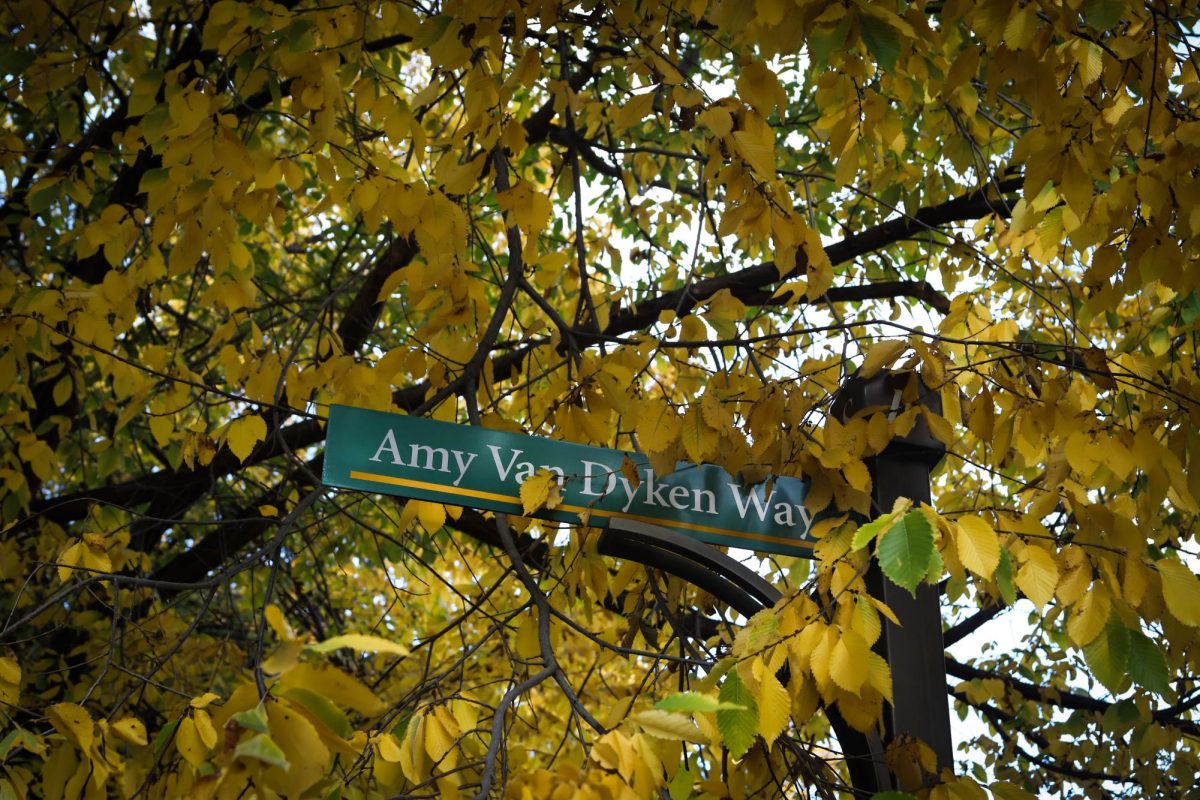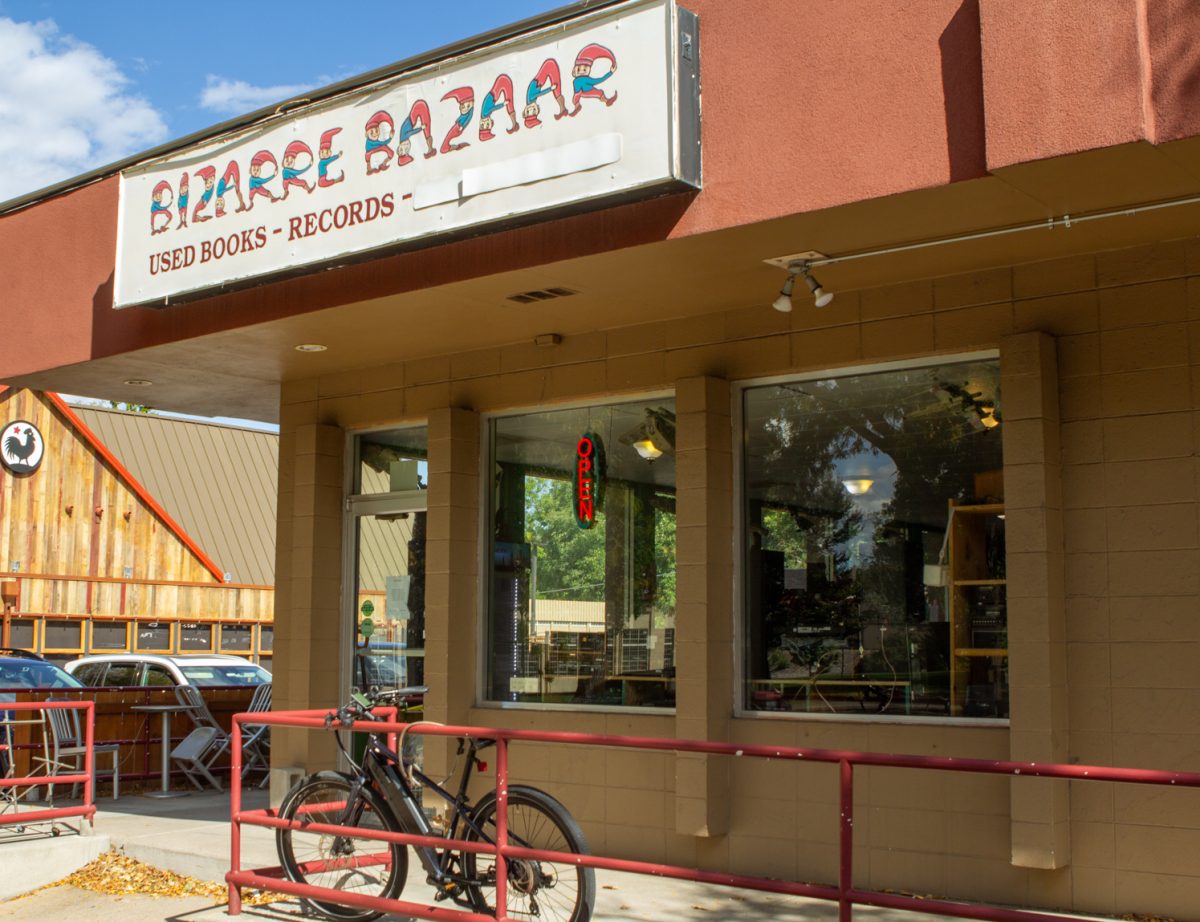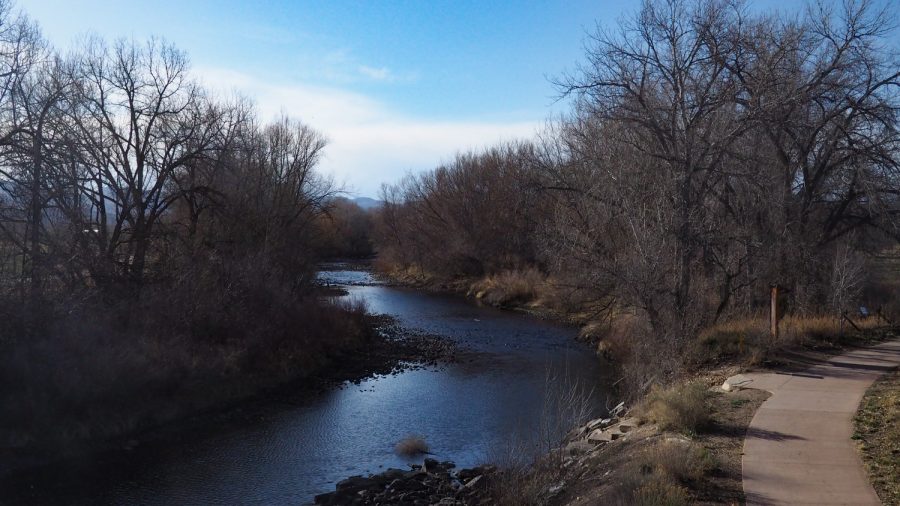By almost all standards of economic analysis, the recession that began in 2007 is over. Colorado’s unemployment rate is the lowest since the recession, the state has found a whole new source of tax revenue from marijuana and the Coloradan obsession over the state flag (from apparel to full-size dorm room tapestries) reflects how state pride has never been higher.
But, higher education funding in Colorado tells a very different story.
From 2008 to 2014, tuition in Colorado, on average, has increased by nearly $3,000, according to the College Board’s 2013 report, “Trends in College Pricing.” The report also shows Colorado ranking second in the nation for the highest average tuition increase from 2013 to 2014.
“It would be nice to know what the money is going towards,” said Scott Kaley, sophomore mechanical engineering student. “I know it’s not always immediately obvious why college is so expensive, but I want to know why we are increasing tuition.”
“I know it’s not always immediately obvious why college is so expensive, but I want to know why we are increasing tuition.” — Scott Kaley, sophomore mechanical engineering student
State funding is less than 5 percent of a Colorado student’s total financial aid package, according to the Colorado Department of Higher Education’s Financial Aid Report, 2014-2015.
For the vast majority of students, that 5 percent is the Colorado Opportunity Fund, and most of student financial “aid” is a future of debt by loans.
However, there may be a glimmer of light at the end of the tunnel if Gov. Hickenlooper’s request of $75.6 million for higher education funding passes.
“It would be nice to have the money go towards reducing tuition, but I don’t see that happening with the current CSU administration,” said Michelle Wilk, a graduate student studying English.
However, in President Tony Frank’s spring budget email, he claimed that the state funding would be used toward tuition.
“Thanks to the state’s leadership in restoring higher education support, we’ve been able to decrease the planned tuition increase for next year to 5.5 percent for resident undergraduates,” Frank wrote.
But, according to The Coloradoan’s statistics in a report on tuition, 5.5 percent is not an improvement. Fiscal year 2016 will be the ninth consecutive year that CSU has raised tuition for resident undergraduates above 5 percent.
Tuition increases aren’t reflective of the state’s new effort to increase higher education funding or the recovery from the recession.
Tuition increases aren’t reflective of the state’s new effort to increase higher education funding or the recovery from the recession. So what does this mean for higher education and Colorado students? There are two reasonable conclusions.
One, this is one of the worst times in Colorado history to be a college student because there’s no out. Students can either pay a premium rate for in-state tuition or pay even more to leave the state.
Not to mention the average debt at graduation will be somewhere around $26,000, according to the CDHE’s Financial Aid Report, 2014-2015.
Two, if tuition continues to increase across all of Colorado (like it has since the Recession and like we know it will at CSU for fiscal year 2015-2016), more Colorado high school seniors are either going to take their skills elsewhere or be forced to decide against attending college.
“I think we’ll see a lot less Colorado residents coming in,” said Bailey Shaw, a sophomore environmental health major. “It’s really unfortunate because a tuition increase makes school harder to afford, and it’s sad for people that want to attend college in-state but can’t afford to.”
However, a decrease in Colorado residents attending college may have a larger impact than anticipated on CSU.
Of Colorado high school graduates that continue to higher education, 10% choose to attend CSU–the highest rate in the state, according to the 2015 Legislative Report on the Postsecondary Progress and Success of High School Graduates by the Colorado Department of Education.
“Colorado is one of the lowest-funded states for higher education in the country.” — Michelle Wilk, graduate student
Yet, the highest proposed tuition increase for next fall is burdened on residential undergraduates.
“I know a lot of my friends chose a school based on where they could actually afford to go,” said Austin Kimber, sophomore fisheries biology student.
Consider this, according to the 2014-2015 Tuition and Fees Report by the CDHE, CSU receives $138 million in revenue for only a 1 percent increase in tuition.
So, it shouldn’t be surprising that the state of Colorado is fourth in the nation for the highest percent of institutional revenue that comes from tuition, according to the 2013 State Higher Education Finance Report by the State Higher Education Executive Officers.
“That’s just the way it is for public schools,” said Elyse Roberts, a freshman international studies major. “When I applied out of state, I didn’t get any funding, either. There’s just not enough money to go around.”
Though the battle against inevitably increasing tuition and higher education funding may seem like a universal problem throughout the United States, the truth is that Colorado is much worse off than the rest of the country.
According to the Center on Budget and Policy Priorities, Colorado is only one of six states that ask their college students to pay at least two thirds of their college costs.
“Colorado is one of the lowest-funded states for higher education in the country,” Wilk said. “With what I know about the current CSU president, I know that he wants to make CSU fully sustainable without government assistance, which essentially turns CSU into a business. I think that undermines the value of higher education and undermines those who can afford it.”





































